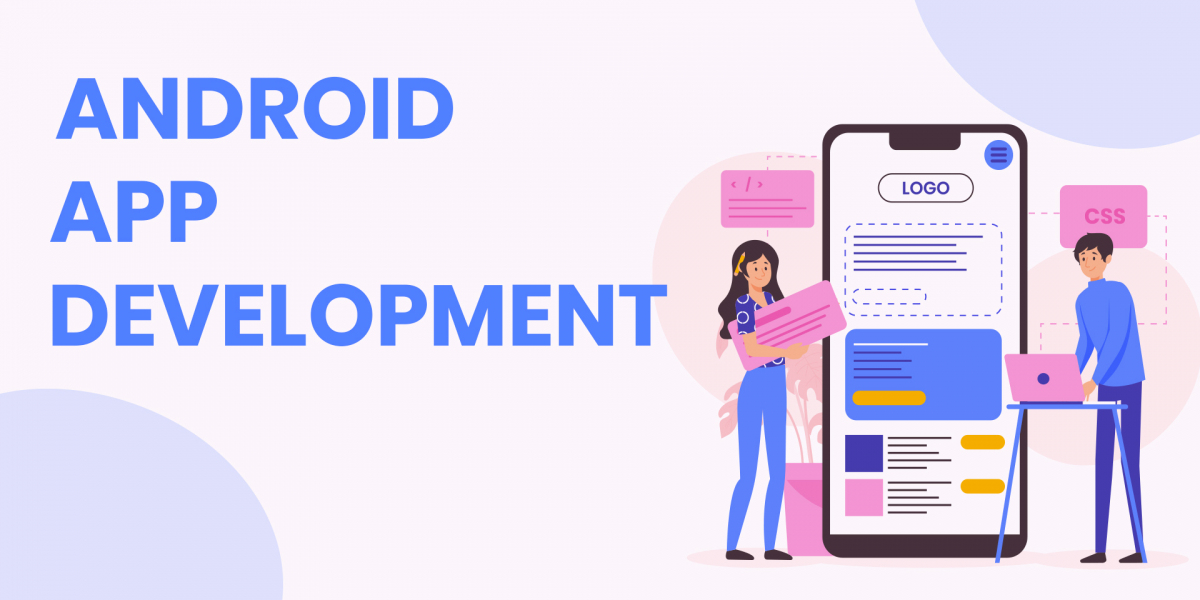Android app development is continuously evolving, with new tools and technologies emerging to streamline the process, enhance user experience, and meet the ever-growing demands of the market. In this article, we'll delve into the latest trends and innovations in Android App Development, drawing insights from leading companies at the forefront of the industry.
Kotlin: The Preferred Language for Android Development
Kotlin's Rise to Prominence
Advantages Over Java
Adoption by Leading Companies
Kotlin has emerged as the preferred language for Android development, thanks to its concise syntax, enhanced safety features, and seamless interoperability with Java. Leading companies such as Google, Pinterest, and Trello have embraced Kotlin for its productivity benefits and improved code readability.
Jetpack Compose: Revolutionizing UI Development
Introduction to Jetpack Compose
Declarative UI Design
Adoption and Impact
Jetpack Compose represents a paradigm shift in UI development for Android apps, offering a declarative approach to building user interfaces. With its simplified syntax and powerful features, Jetpack Compose enables developers to create dynamic and responsive UIs with greater ease and efficiency.
Android Jetpack: Accelerating App Development
Overview of Android Jetpack
Key Components and Libraries
Benefits for Developers
Android Jetpack provides a comprehensive set of libraries, tools, and architectural guidance to accelerate Android app development. With components such as Navigation, Room, and LiveData, developers can build robust and maintainable apps while focusing on delivering value to users.
Flutter: Bridging the Gap Between Android and iOS
Introduction to Flutter
Cross-Platform Development
Integration with Android
Flutter has gained traction among developers for its ability to streamline cross-platform app development, enabling them to write code once and deploy it on both Android and iOS platforms. Leading companies like Alibaba and Tencent have leveraged Flutter to build high-performance, visually appealing apps with a native-like experience.
Machine Learning and AI Integration
Use Cases in Android Apps
TensorFlow Lite and ML Kit
Enhancing User Experience
Machine learning and AI are increasingly being integrated into Android apps to deliver personalized experiences and intelligent features. Companies are leveraging frameworks like TensorFlow Lite and ML Kit to incorporate capabilities such as image recognition, natural language processing, and predictive analytics into their applications.
DevOps Practices for Android Development
Continuous Integration and Deployment
Automated Testing
Monitoring and Performance Optimization
DevOps practices play a crucial role in the development lifecycle of Android apps, enabling teams to deliver high-quality software at scale. By implementing continuous integration, automated testing, and performance optimization strategies, companies can accelerate time-to-market and ensure a seamless user experience.
Also Read: How To Increase Ecommerce Sales?
Conclusion:
As technology continues to evolve, so too does the landscape of Android app development. By staying abreast of the latest tools and technologies, companies can not only meet the demands of today's users but also innovate and differentiate themselves in a competitive market. Whether it's embracing Kotlin for its productivity benefits, adopting Jetpack Compose for revolutionary UI design, or integrating machine learning for intelligent features, leading companies are leveraging the power of innovation to create compelling Android experiences that delight users and drive business growth.








